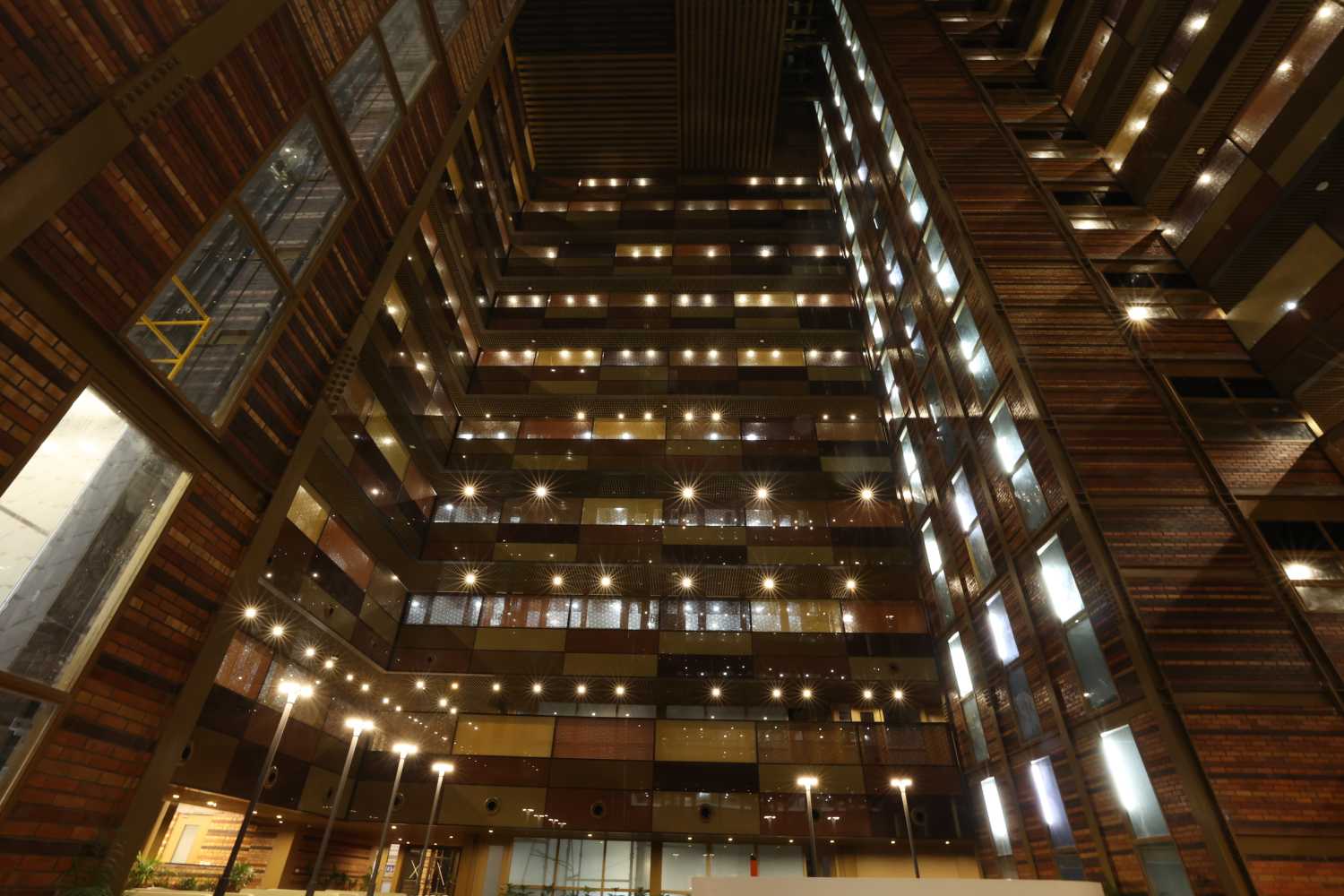
“Another world is not only possible, she is on her way. On a quiet day, I can hear her breathing.” – Arundhati Roy
The idea of the Centre for Political Economy and Philosophy (CPEP) was conceived while teaching two courses at the Jindal School of International Affairs: “Political Philosophy” and “Critical Political Economy.” It is founded on the premise that the toolkits of these disciplines allow to understand and provide solutions to the most pressing global issues: economic disruption, uneven development, inequality, populist nationalism, COVID-19, geopolitical uncertainty, and democratic backsliding, to name a few. Critical political economy problematizes the relations of power, domination and inequality in the “natural” social order, while political philosophy offers intellectual tools to mount resistance against the existing scripts.
The Centre’s mission is two-fold: analyse the most pertinent topics of international politics – such as capitalism, development, or identity politics – from a political economic perspective, while pay attention to the deeper political theoretical debates which underlie these political phenomena. For example, the relationship between markets and social stability in the context of the current global socio-economic order is both a political economic and a political philosophic topic. Political analysis and political philosophy are thus the two main vantage points that the Centre adopts. In this regard, it follows a rich tradition of critical and normative theorizing rather than “problem-solving” one.
In sum, CPEP’s overarching theme is the focus on domination, resistance and emancipation. At the same time, the Centre takes seriously the idea that real-world problems cannot be separated from normative concerns. Finally, it seeks to follow the call to “not only interpret the world, but also change it.”
Research Approaches
Research Areas
Activities
August 29, 2023 - Guest lecture on "Politics, Ethics and Emotions in ‘New India’" by Dr. Ajay Gudavarthy
October 3, 2023 - Interaction with Kavita Krishnan (online)
October 17, 2023 - Book discussion on "Indian Ideas of Freedom" by Dr. Dennis Dalton (online)
Jindal Centre for Political Economy and Philosophy (CPEP)
Jindal School of International Affairs
O.P. Jindal Global University
Haryana-131001 (NCR of Delhi)
E-mail: cpep@jgu.edu.in
Mob.: +91 74196 13668